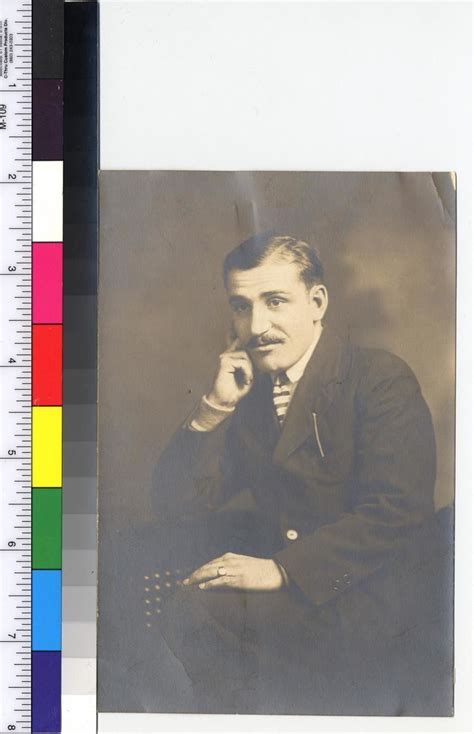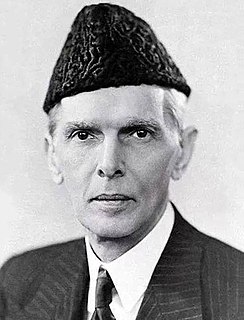A Quote by Aristotle
If liberty and equality, as is thought by some, are chiefly to be found in democracy, they will be best attained when all persons alike share in government to the utmost.
Related Quotes
In a really equal democracy, every or any section would be represented, not disproportionately, but proportionately. ... Unless they are, there is not equal government, but a government of inequality and privilege: one part of the people rule over the rest: there is a part whose fair and equal share of influence in the representation is withheld from them, contrary to all just government, but, above all, contrary to the principle of democracy, which professes equality as its very root and foundation.
We learn that Comrade [President of South Africa Nelson] Mandela has announced in a speech that he hopes for a bright future in South Africa for ‘liberty’ and ‘equality.’ Anyone who has thought about it realizes that liberty and equality are antithetical concepts. You can have one, or you can have the other, but you certainly cannot have both. As to that, either concept is a rather futile goal. Equality is biologically impossible, and liberty is only obtainable in homogeneous populations very thinly spread.
In a world where inequality of ability is inevitable, anarchists do not sanction any attempt to produce equality by artificial or authoritarian means. The only equality they posit and will strive their utmost to defend is the equality of opportunity. This necessitates the maximum amount of freedom for each individual. This will not necessarily result in equality of incomes or wealth but will result in returns proportionate to service rendered.
The sceptic ultimately undermines democracy (1) because he can see no significance in death and such things of a literal equality; (2) because he introduces different first principles, making debate impossible: and debate is the life of democracy; (3) because the fading of the images of sacred persons leaves a man too prone to be a respecter of earthly persons; (4) because there will be more, not less, respect for human rights if they can be treated as divine rights.
The liberty I mean is social freedom. It is that state of things in which liberty is secured by the equality of restraint. A constitution of things in which the liberty of no one man, and no body of men, and no number of men, can find means to trespass on the liberty of any person, or any description of persons, in the society. This kind of liberty is, indeed, but another name for justice.








































